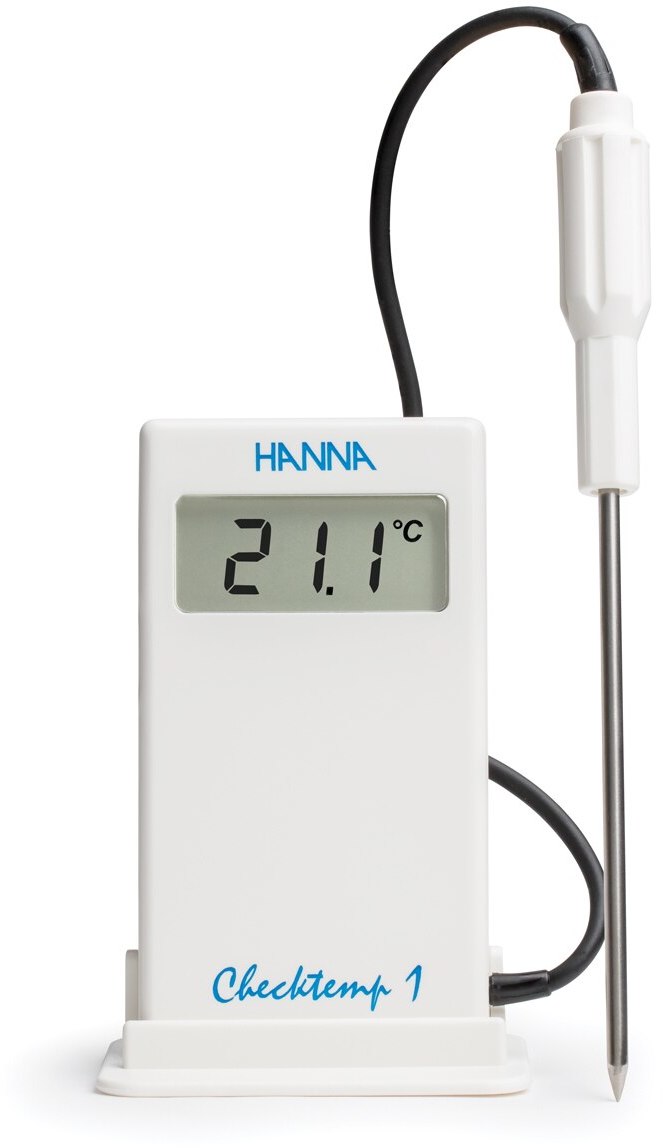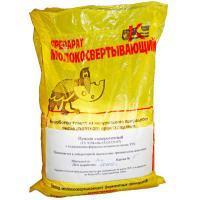The EU has begun “technical work” on transferring income from Russian assets to Kyiv
The EU has begun “technical work” to implement the proposal of the European Commission (EC) to use income from Russia’s frozen sovereign assets in the interests of Ukraine, Deputy Prime Minister and Minister of Finance of Belgium Vincent van Peteghem said at a press conference following a meeting of the Council on Economic and Financial Affairs EU.
“The ministers discussed frozen Russian assets. We analyzed the proposals received in December from the European Commission and the HEAD of EU diplomacy and confirmed our firm intention to move quickly on this issue. Work at the technical level has already begun and we intend to make rapid progress,” he said.
After the start of the special operation in Ukraine, the EU and G7 countries froze about $280 billion (€260 billion) of assets of the Russian Central Bank in the form of both cash and securities. Over two thirds of them were frozen by the European Union. The Russian Ministry of Finance last year estimated frozen assets at approximately $300 billion.
Most of these assets are located in the Belgian Euroclear (including the depository of the same name and Euroclear Bank), from which the group earned about €3 billion in just nine months of last year.
There have been repeated calls in the West and in Kyiv to use frozen Russian assets to restore Ukraine. Last December, the EC approved a mechanism that provides for the use of income taxes (windfall taxes) from frozen Russian assets to help Ukraine.
As BLOOMBERG wrote with reference to an EU document, the mechanism developed by the EU countries for using windfall tax includes the following steps:
“Step 0” - determining which frozen funds this measure will apply to; “Step 1” - determining the actions that the central securities depositories managing these funds will need to take; “Step 2” of the plan involves transferring net revenues generated from frozen funds into the EU budget for 2024–2027. RBC Pro development program Master 52 skills in a year The development program is a convenient tool for continuous learning of new skills for a successful career A manager does not need to be very smart: the head of JPMorgan talks about management If you are tired, downshifting is not an option. How to save your career 9 ways to make meetings more productive - from simple to radical What non-obvious reasons make you procrastinate Good connections: what styles can networking be divided into? A leader who doesn’t leave: how to earn the loyalty of subordinates How to memorize 30 pages at a time - advice from a Swedish Grandmaster memory What tricks of legendary scammers will be useful to you during negotiations Business coach Matt Abrahams: don’t try to speak “correctly” Dictator’s dictionary: what 6 phrases will give away an authoritarian manager “Anti-time management”: how to learn to keep up with everything Rescue of a top manager: 10 tricks to answer tricky questions“After deducting expenses and national taxes, the profit generated will be clearly defined and accounted for in accordance with the share capital and risk management requirements. This will make it possible to transfer them and credit them to the EU budget in favor of Ukraine at a later stage,” the document said.
In the European Union, as Bloomberg wrote, the idea of introducing a tax on profits from frozen Russian assets began to be discussed in September. The Financial Times (FT) previously reported that through this mechanism the EC intends to raise up to €15 billion to finance assistance to Ukraine.
President Vladimir Putin noted that the West’s actions with Russian assets are similar to theft and it “has never brought anyone any good, especially those who are involved in this unseemly business.” Press secretary of the head of state Dmitry Peskov said that legitimizing the confiscation of Russian assets would in any case be an illegal decision.
Last week, Bloomberg, citing sources, reported that RUSSIA was already preparing for legal proceedings to thwart attempts by the US or EU to confiscate its assets. According to the agency’s interlocutors, the Russian Central Bank is “now close to an agreement” with international law firms to represent the country’s interests in the event of litigation.



























































